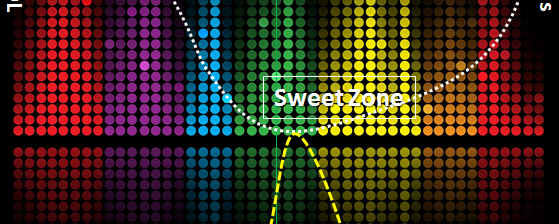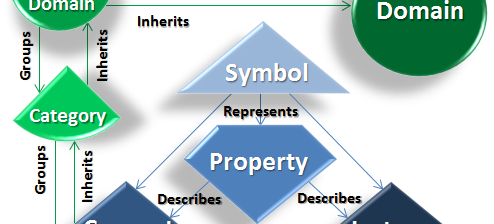Category Archives: Expert Systems
28 Mar Is Everything Black or White?

We have exercised our abstract ideas about that which is too big and chaotic for us to understand (everything), let’s take a glimpse at that which is so small and chaotic that we may never really figure it out: the workings of the mind. In the next few posts, we will examine different forms of logical […]
26 Mar Bayes and Search Theory

What began as a study of belief has turned into a strategy for solving very complex problems. Thomas Bayes (/ˈbeɪz/; 1701–1761) proposed a model in which adding evidence of different types, or from different sources, to a problem will change the calculated probabilities for the outcomes of the “reasoning” process. We’ve forgotten what he looked like, […]
05 Feb Rings of Power: Workflow and Business Rules

Gandalf the Wizard explained the writing on the “One Ring”: “One Ring to rule them all, One Ring to find them, One Ring to bring them all and in the darkness bind them“ Such a ring would be a nice thing to have, as long as it didn’t make you into a fascist – the […]
30 Dec Context Models

Building a Model The goals of the research that evolved into Understanding Context were twofold: to investigate human physiology/psychology for clues that would let us evaluate neuromorphic computational paradigms; and to explore the possibility of new computational models using context to correlate and associate concepts. Birds fly and they are lightweight. Building models of flight with lightweight materials works […]
01 Oct Methodology or Mythology

Call me a “nut”, but I have always been enthralled by science fiction. An image of Dave, a surprised and confused astronaut from 2001, a Space Odyssey, stays in my mind. In his eyes, I could see his brain working frantically to figure out how to master the situation, and giving way to hopelessness. The […]
22 Aug Unlocking the Power of Unruly Systems

Rules are the basis of all good decisions. Humans learn learn them through observation and nurture. Can systems do the same thing – can they learn through observation and nurture? I propose that they can. At it’s simplest, a rule takes the form of a premise (“IF clause”) and conclusion (“THEN clause”) and can be stated in natural […]
26 Feb Choosing an Ontology Framework

Ontology is a knowledge representation language like Roger Schank‘s Semantic Networks and John Sowa‘s Conceptual Graphs or Doug Lenat‘s Semantic Web. An Ontology framework is the model (structure, function and content definition) in which you choose to build your ontology. Like a Relational Database or an Object Oriented Programming Language, an ontology has defined structures, functions […]






